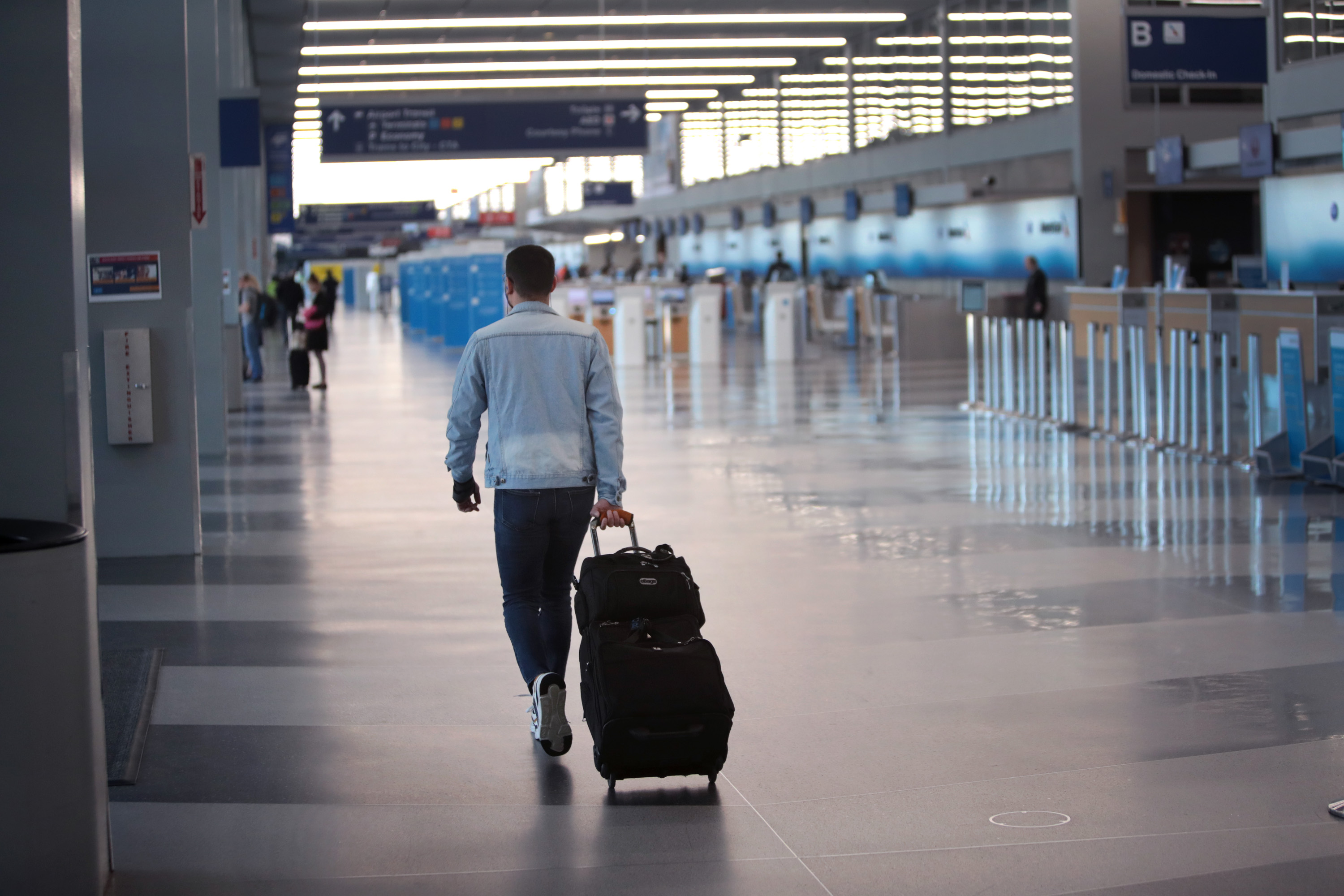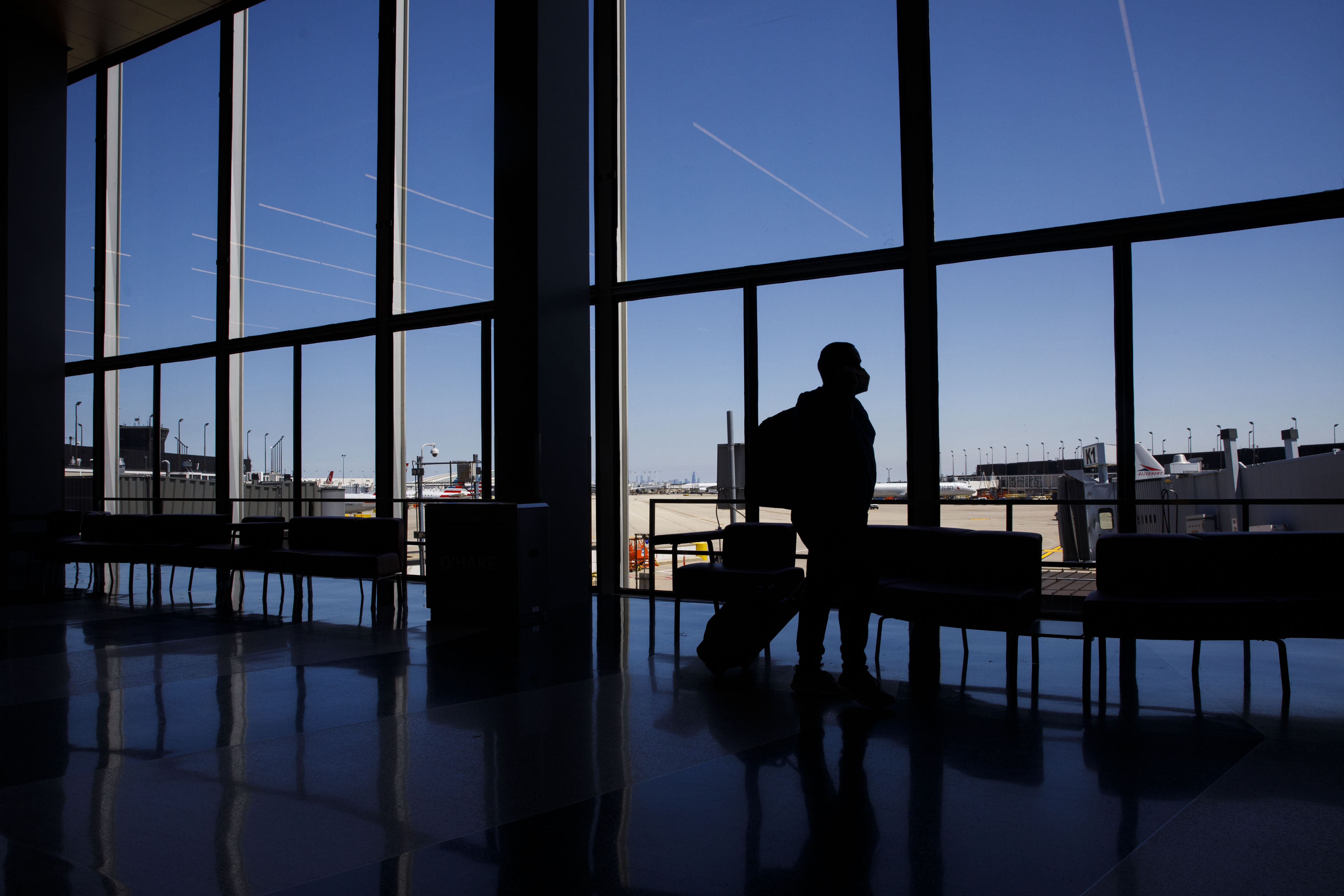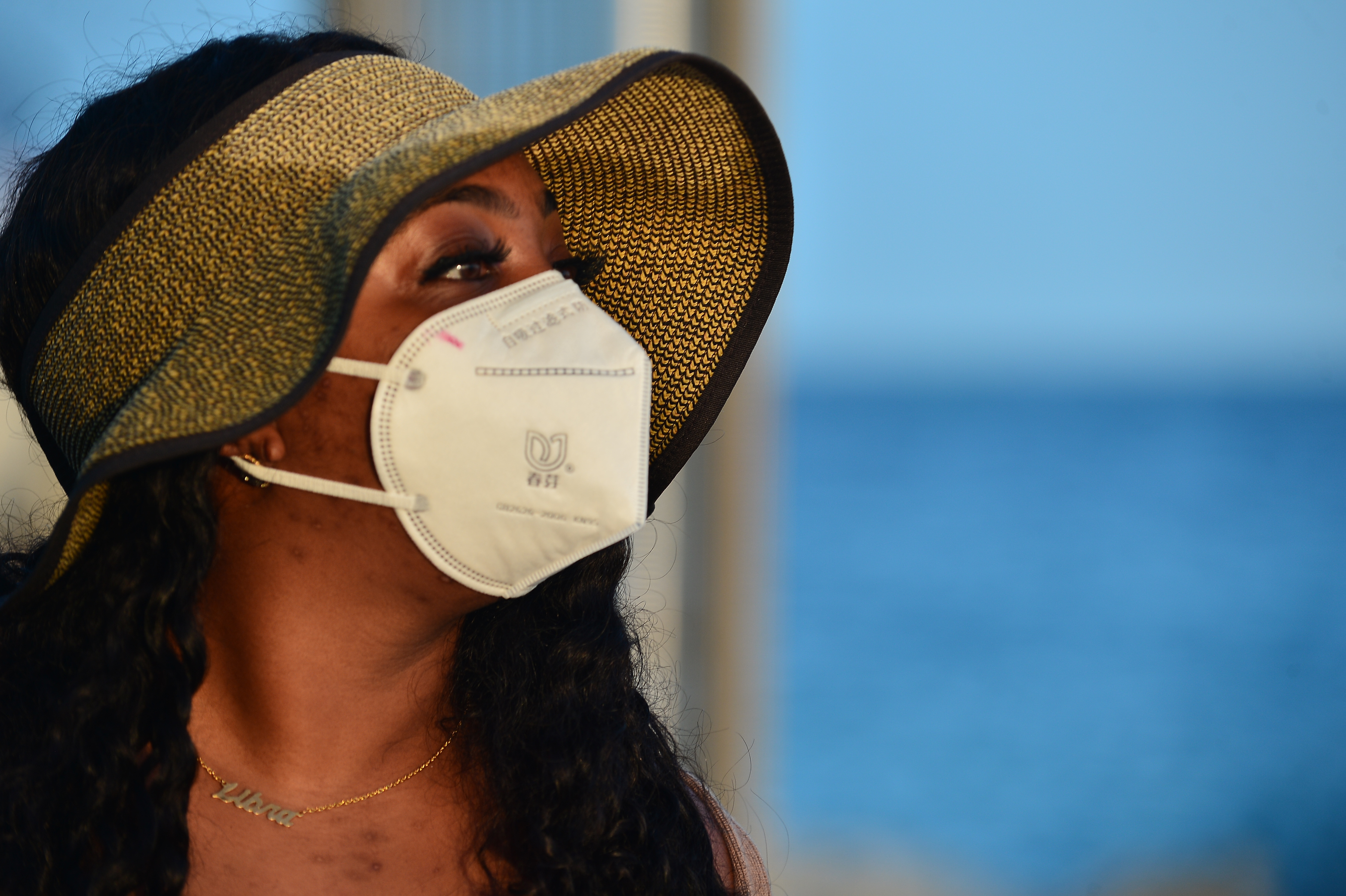As Chicago expands its travel order, adding two more states to the quarantine list Tuesday, some are wondering which states could be next?
Chicago Mayor Lori Lightfoot said the city is paying close attention to its Midwest neighbors as the travel order continues to be evaluated each week.
Wisconsin, Minnesota and Ohio were all added to New York, New Jersey and Connecticut’s quarantine list this week as they report a spike in cases. Iowa was also added to Chicago's order, beginning Friday.
"I don't want to speculate about what might happen, but we're, suffice it to say, we're paying very close attention everywhere around us, and particularly states in the Midwest that border Illinois in Chicago," Lightfoot said Tuesday.
Chicago first issued an emergency travel order for 15 states just before the Fourth of July holiday weekend. The order took effect on July 6.
States included in the order at that time were: Alabama, Arkansas, Arizona, California, Florida, Georgia, Idaho, Louisiana, Mississippi, North Carolina, Nevada, South Carolina, Tennessee, Texas, and Utah.
On Tuesday, Iowa and Oklahoma were added to the list, effective Friday.
The order, which requires anyone traveling to or returning to Chicago from one of the 17 states to quarantine for 14 days, is set to remain in effect until further notice and the list of states will be evaluated every Tuesday.
In order to be on the list, a state must have "a case rate greater than 15 new COVID-19 cases per 100,000 resident population, per day, over a 7-day rolling average," according to Chicago's order.
The move comes as states across the U.S. see surges of coronavirus cases, many shutting down bars and restaurants in an effort to quell or prevent a spike.
Wisconsin broke a record for confirmed new COVID-19 cases Tuesday for the fourth time in six days, as Gov. Tony Evers and state health leaders implored people to wear masks and take other steps to slow the spread of the coronavirus.
The state Department of Health Services reported 964 new cases Tuesday, breaking a previous high of 926 cases on Saturday. Deaths increased by six to 826 on Tuesday. Of everyone tested, 6.5% were positive, continuing a generally upward trend in recent weeks.
“We need to get back to working together to flatten the curve so our health care system won’t become overwhelmed," Evers said at a news conference. “The situation is still serious, folks."
There is no statewide mask mandate and Evers said he is unlikely to propose one after the Wisconsin Supreme Court in May struck down his statewide “safer at home” order. That decision left it to individual communities to set their own restrictions.
Still, Evers also downplayed New York's decision to add Wisconsin to its list of states from which visitors are required to be quarantined for 14 days upon entering. Evers said he doubted the move would hurt the state economically and noted that it was not practical to issue a similar restriction in Wisconsin on people coming in from New York.
Minnesota health officials, however, questioned why the state was added to the East Cost quarantine list.
Minnesota health officials are surprised by the addition because the state appears to be below the joint travel advisory's threshold for travel restrictions.
“We are looking into this as it does not jibe with our data,” Minnesota’s infectious disease director Kris Ehresmann told the Star Tribune in an email Tuesday morning.
Minnesota’s updated COVID-19 dashboard on Tuesday morning showed a daily COVID-19 new case rate of 6 per 100,000 people and a testing positivity rate of only 3%.
But the list of states isn't the only thing the East Coast and Chicago orders differ on.
Out-of-state travelers arriving in New York airports from the list of states face a $2,000 fine and a mandatory quarantine order for failing to fill out personal information on a tracing form that New York will use to help make sure individuals are quarantine.
Lightfoot said such a measure isn't being added in Chicago just yet.
"We're looking at the evolution of that, but we don't want to create a bureaucracy that's actually impossible," she said.
It remains unclear if the rest of Illinois will join Chicago in the travel order, though Illinois Gov. J.B. Pritzker hinted that such a move is unlikely.
"Our two major international airports are in the city of Chicago," Pritzker said Tuesday. "We don't have a lot of international travel in the other parts of the state."




